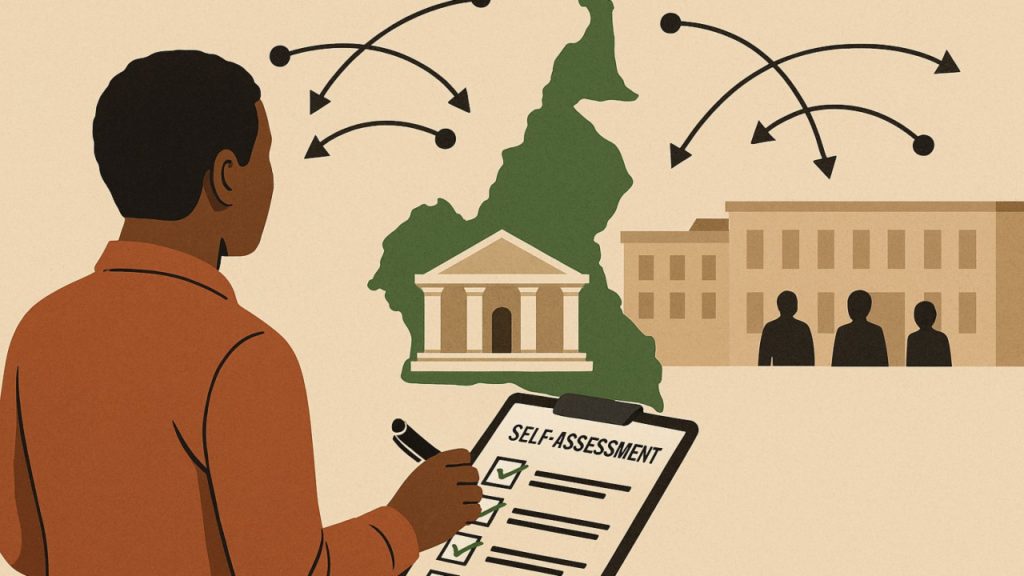5 Powerful Steps to Strengthen Government Accountability in 2025
5 Powerful Steps to Strengthen Government Accountability in 2025
Trust in government is essential for a healthy democracy. Yet, many citizens feel disconnected from decision-making processes or frustrated by inefficiency, corruption, and lack of oversight. Government accountability ensures that officials act responsibly, transparently, and in the best interest of the public.
Here are 5 powerful steps to strengthen government accountability in 2025 and beyond.
1. Implement Transparent Reporting Systems
Transparency is the first step toward accountability. Governments should publish budgets, spending reports, policy decisions, and performance metrics in accessible formats. Digital dashboards and open-data portals allow citizens to track government actions in real time, reducing opportunities for corruption and misuse of funds.
2. Strengthen Oversight Institutions
Independent bodies such as audit offices, anti-corruption commissions, and ombudsman services are crucial. Strengthening their authority, funding, and autonomy ensures that decisions and operations are scrutinized impartially. Oversight bodies act as a check-and-balance, holding public officials responsible for their actions.
3. Encourage Citizen Participation
Civic engagement is not optional — it’s essential for accountability. Citizens can monitor policies, provide feedback, and participate in public forums or advisory committees. When people are empowered to question decisions, governments are incentivized to act with integrity. Participatory initiatives, like town halls and digital platforms, strengthen democracy from the ground up.
4. Leverage Technology for Monitoring
Digital tools can make accountability easier and more effective. Blockchain for secure public records, apps for reporting misconduct, and AI-driven analytics for performance monitoring enable governments to operate more transparently. Technology also allows real-time feedback from citizens, increasing responsiveness and trust.
5. Foster a Culture of Ethical Leadership
Accountability begins at the top. Ethical leadership — prioritizing public interest over personal gain — sets the tone for the entire administration. Policies, training, and incentives that reward integrity encourage officials to maintain high standards of responsibility. Leadership that models transparency and honesty inspires confidence in institutions.
Why These Steps Are Crucial
Strong accountability systems prevent corruption, improve efficiency, and enhance citizen trust. Governments that follow these steps are more resilient, better able to respond to crises, and more effective in implementing policy. Accountability is not a static goal — it’s a continuous process that evolves with society’s needs.
Practical Tips for Citizens
Stay Informed: Monitor public records and government announcements.
Engage in Civic Initiatives: Join committees, forums, or watchdog groups.
Provide Feedback: Constructively question policies and offer solutions.
Promote Transparency: Advocate for open data and digital reporting tools.
Learn from Global Examples: Explore successful governance reforms on platforms like moviefil.com to inspire local action.
Conclusion
Government accountability is the backbone of effective governance. By implementing transparent reporting, strengthening oversight institutions, encouraging citizen participation, leveraging technology, and fostering ethical leadership, governments can build trust, reduce corruption, and enhance public service.
The path toward accountable governance requires consistent effort, collaboration, and vigilance. With these 5 powerful steps, 2025 could become a year of stronger, more responsible, and citizen-centered government.
Extra Insights After Conclusion
Stay Engaged: Regularly follow policy developments and local governance news.
Ask Questions: Constructive scrutiny improves transparency.
Support Ethics Training: Advocate for leadership programs that emphasize integrity.
Collaborate with NGOs: Civil society strengthens democratic checks and balances.
Digital Civic Tools: Explore resources online to monitor and understand government initiatives.
The Pulse of Politics

Shadow Governance and the Networks Behind Formal Power
Shadow Governance and the Networks Behind Formal Power

Political Fragmentation and the Rise of Multi Party Instability
Political Fragmentation and the Rise of Multi Party Instability

Electoral Realignment and the Voters Redrawing Political Maps
Electoral Realignment and the Voters Redrawing Political Maps













